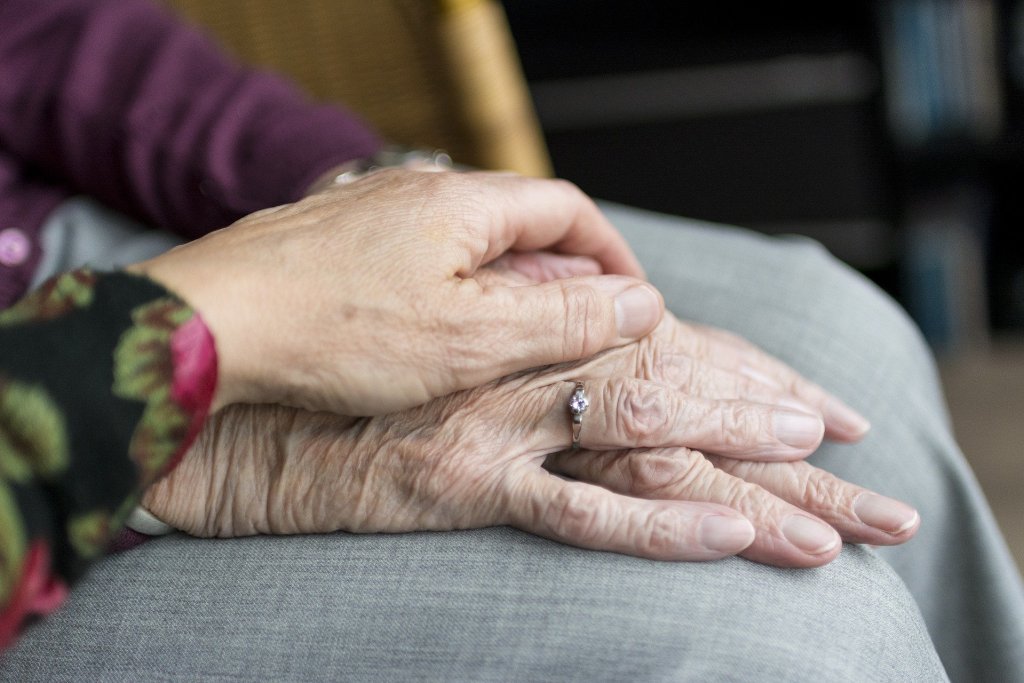According to the American Health Care Association and the National Center for Assisted Living (ANCA/NCAL) there are approximately 28,900 assisted living communities in the U.S. today. Deciding whether or when to choose this option for an elderly parent or relative can be difficult, however, in many cases, independent living may no longer be a safe or healthy choice.
Knowing when to consider assisted living for a loved one is not always obvious, however, there can be some telltale signs that indicate the need for additional support. By looking out for these signs you can make a well-informed decision, providing help where it is needed in time.

Personal Care Needs
Many day-to-day activities such as getting dressed, bathing and going to the toilet may become difficult for an elderly person and require additional help or supervision. Signs such as soiled clothing, body odor or unkempt hair can indicate a lack of proper hygiene.
If you have noticed the level of assistance required is increasing and your relative is no longer able to manage their personal care needs by themselves, this can strongly suggest it is time to consider assisted living. In an assisted living center, you can ensure your relatives will receive personalized care to meet their daily needs in supportive and respectful ways. People often check this exclusive programs for seniors here to accommodate their parents in the best possible way. Custom-made treatment programs can provide a safe and comfortable environment for your loved ones.
Frequent Injuries
As balance, strength and mobility begin to diminish with age, many elderly people experience more accidents and injuries around the home. According to the Centers for Disease Control and Prevention (CDC), around one out of every five falls by older adults causes an injury, such as broken bones or a head injury.
Frequent falls and injuries are a sign that an elderly relative may require supervision or assistance due to issues such as impaired vision, loss of muscle mass or drops in blood pressure and other health conditions.
In an assisted living facility, they will be in a center that is specifically designed to ensure their safety with fall prevention measures in mind. This might include features such as grab bars in toilets and bathrooms, non-skid surfaces and routine inspections for loose rugs, uneven surfaces and poor lighting.
Malnutrition
The nutritional needs of an elderly person may not be adequately met for several reasons. This could range from health or mobility issues that make it challenging to shop for and carry groceries as well to difficulties in preparing or cooking food.
As a result of these issues, elderly people may neglect their nutritional needs which may lead to malnutrition and related health problems. Low energy, frailty and sudden weight loss can all indicate that an elderly relative is struggling to meet their dietary needs and may need additional support in this area.
Assisted living facilities will provide nutritious, tasty and healthy meals each day which ensure your relatives receive the vitamins and minerals they need to stay in good health. This will also eliminate the need for them to go out and buy their own groceries and prepare their own meals each day.
If you recognize an aging relative or loved one displaying one or more of the signs above, this can indicate it may be time to consider assisted living.

Leave A Comment